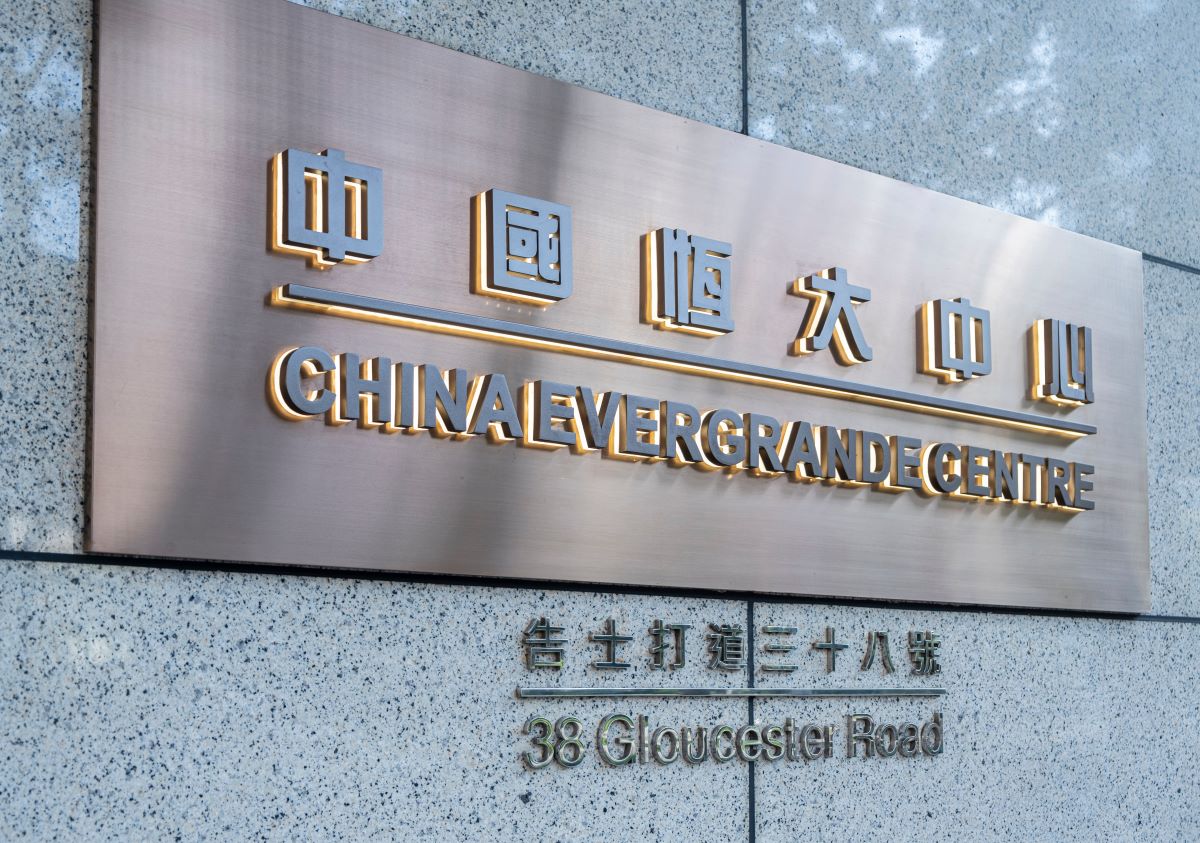The heavily indebted developer, China Evergrande Group, received the worst blow as the Hong Kong court ordered its liquidation after it failed to clinch a restructuring deal of over $300 bn in liabilities. According to a filing with the Hong Kong exchange, last week, Evergrande had also announced a deal worth 304 mn yuan to sell a portion of its subsidiary company in the southeastern city of Shantou.
However, as Mainland China is a different jurisdiction from Hong Kong, the liquidation order does not necessarily imply the collapse of the group. Despite an agreement between the Chinese and Hong Kong courts to acknowledge the appointment of liquidators, mainland courts may choose to not recognise the Hong Kong court ruling. Therefore, the liquidation process involves a lot of political and legal complexities and could be a time-consuming affair, according to experts.
Evergrande’s executive director, Shawn Siu stated that the company would continue to operate in mainland China and that its Hong Kong arm was independent from its mainland business.
If China accepts the Hong Kong court ruling, liquidators (provisional and official) will be appointed to take control of and sell the assets of the developer. Based on the assessment, the liquidators could also suggest a fresh debt restructuring plan for Evergrande’s offshore debt worth $23 bn. In August 2023, the Evergrande Group filed for bankruptcy protection in New York to protect its US assets in an offshore restructuring.
Real-estate crisis to spillover to the financial sector?
In a quote to the Guardian, Anne Stevenson-Yang, founder of J Capital Research stated the impact of the Hong Kong court ruling on the second-largest economy remains unclear. According to her, the Chinese economy has already seen most of the impact of Evergrande’s crisis post its default in 2021.
That said, China Evergrande’s liquidation order symbolises and highlights the worsening economic woes of the nation and its dismal growth prospects. Jan Viebig, Chief Investment Officer at the European financial services company, Oddo BHF, cautions, “…As a result of the crisis in the real estate market, construction activity in China has recently fallen massively compared to its peak in 2020… Investors are worried that the difficulties in the real estate sector could affect other sectors – especially the banking sector, which has generously distributed loans.”
In mid-January 2024, prominent Chinese lender, Ping An Bank Co. followed the government’s footsteps to boost the housing sector and identified 41 builders who are eligible for its funding support. Ping An Bank aims to adjust the criteria for credit line extension to meet the reasonable funding demands of these builders.
Government support is critical for developers to stay afloat
Reuters reported that the Hong Kong court has ordered liquidation for more Chinese developers. Fitch Ratings expects the operating environment for other real estate companies to remain challenging in 2024. However, with supportive government policies, there would be a gradual stabilisation in the higher-tier cities and a longer-term recovery thereafter. It would take longer for the lower-tier cities to offload their unsold stock, though, indicated the rating agency.
“We expect government to be committed to preventing sector stress from threatening systematic stability, and it will take further steps to contain any downside disruption – such as a large number of unfinished property projects and/or heavy volatility in home prices,” stated Fitch Ratings in a report.


 Australia
Australia China
China India
India Indonesia
Indonesia Japan
Japan Malaysia
Malaysia Philippines
Philippines Singapore
Singapore South Korea
South Korea Taiwan
Taiwan Thailand
Thailand Vietnam
Vietnam







